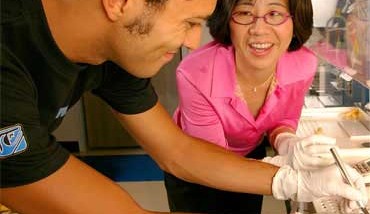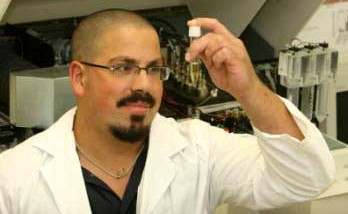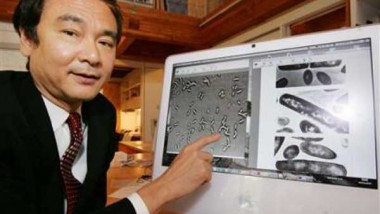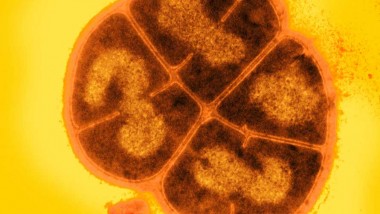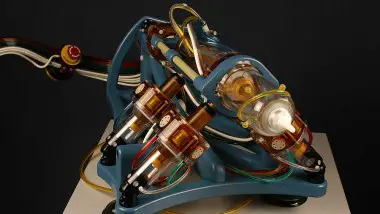Today, detecting cancer metastasis and remission is possible only when a sufficient amount of cancer cells can be found. Locating cancer cells in the blood indicates whether there is a chance of developing such metastasis or if the patient is ...
CD300a, Bernholtz – The Possible End to Asthma
The Bernholtz Prize for originality and creativity in practical research was recently awarded to Ido Bazelet from the Pharmaceutical School of the Hebrew University in Jerusalem, Israel. Together with Ariel Munitz Bazelet is working on a project named RECEPTRA. The ...
The Nanobots are Coming
The Israeli ‘Technion’ and The College of Judea and Samaria have developed a new nanobot that will be able to cruise inside the human body. In the last years scientists are making efforts to minimize robots so they will aid ...
Hurricane Machine will Help Save Lives
Just as another hurricane season is beginning, researchers from the University of Florida unveiled the world’s largest portable hurricane wind and rain simulator. Unlike meteorologists who usually use computer simulators, the University of Florida engineers developed an actual industrial scale ...
Non-Invasive Blood Glucose Monitor
The Israeli company OrSense has developed a new non-invasive technology for monitoring blood glucose levels for diabetes. The new technology will completely eliminate the need to draw blood, an ordeal that millions of people suffering from this incurable disease have ...
Data Stored in a Bacteria DNA
A research team from Japan was able to store data on the DNA of a bacteria. Although this breakthrough doesn’t seem to have any immediate applications it might be an important step in the development of future biological computers. Biological ...
Radiation-Resistant Bacterium
A team of researchers discovered the way a specific kind of bacterium can survive enormous levels of ionizing radiation including X-rays and gamma-rays. The team from the Uniformed Services University of the Health Sciences (USU) was able to uncover the ...
New Robotic Surgeon uses MRI to Operate
In the last several years robots have entered more and more areas of our lives. One of these new areas is medical treatment and surgery in particular where the high precision and stability of the robot can prove to be ...
Luminetx VeinViewer
U.S.-based Luminetx has developed the VeinViewer to afford medical professionals a quick and convenient look at a patient’s vasculature. A near-infrared LED (light emitting diode) source differentiates red blood cells of subcutaneous veins from surrounding tissues and arteries. Using a ...
Blood Test Lab-on-a-Chip
A team of researchers from Caltech (California Institute of Technology) have developed a micro-sized laboratory capable of analyzing minute blood samples to determine the exact levels of red and white blood cells as well as other blood components. The research, ...

